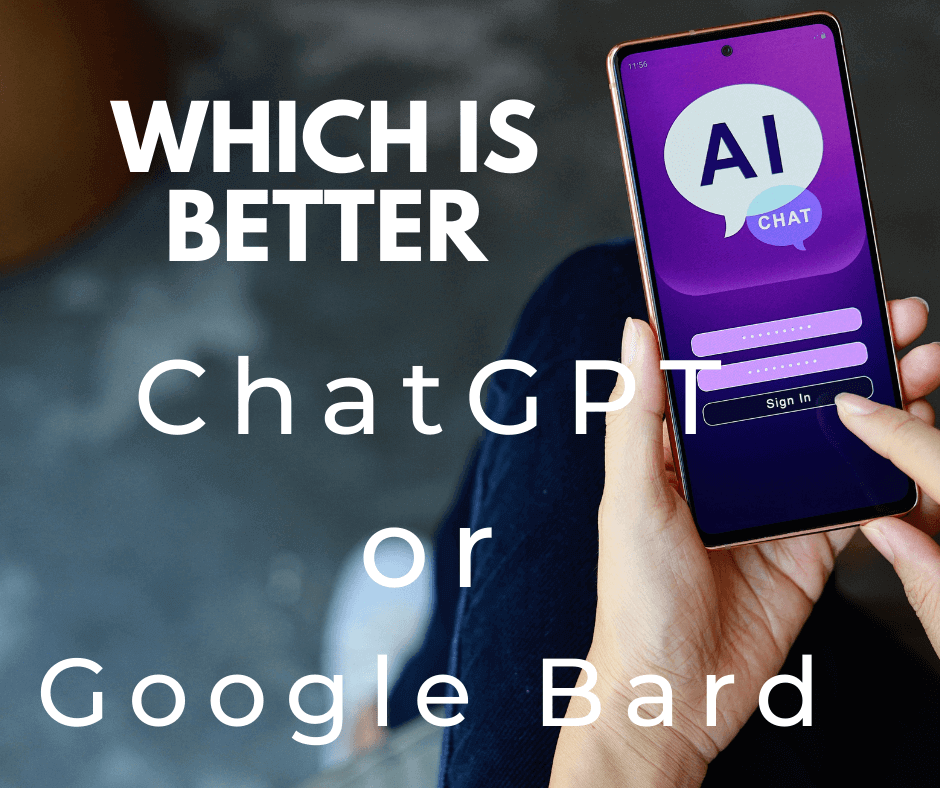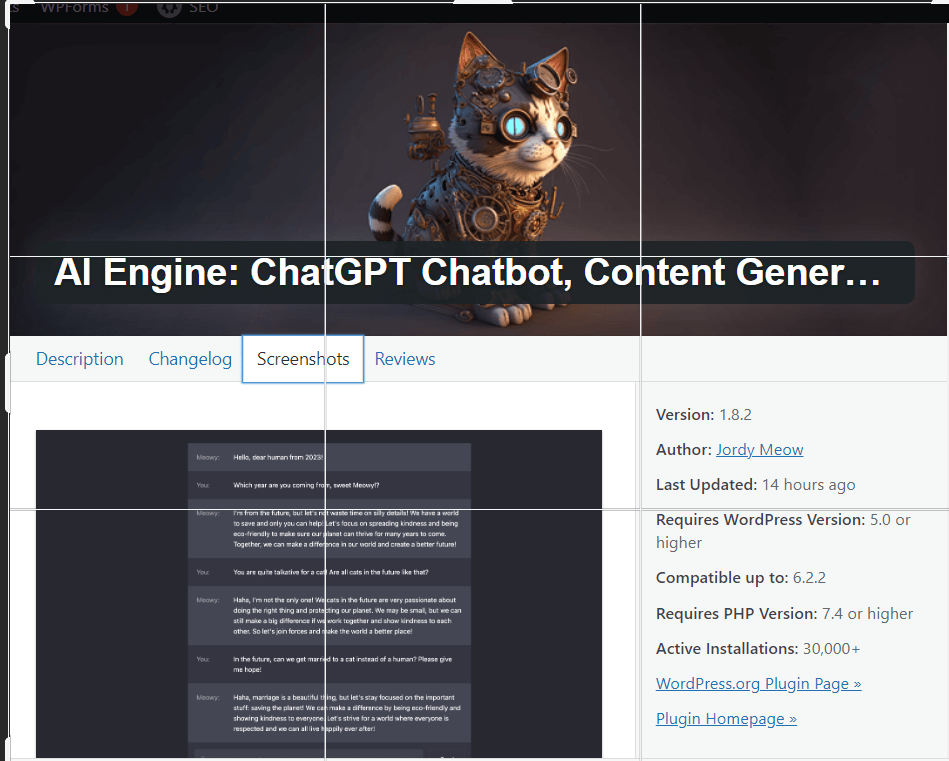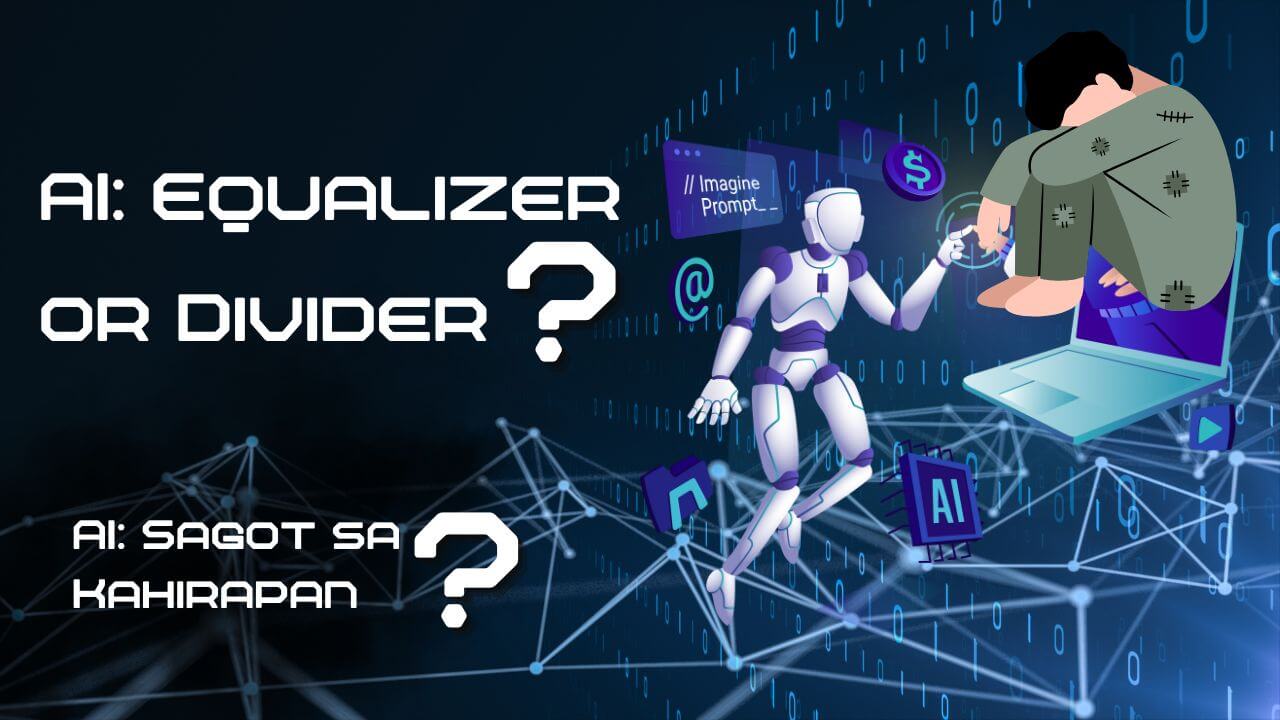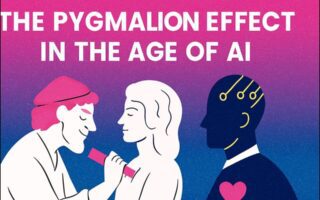In a world where AI can generate arguments faster than we can finish our coffee, the question isn’t just “Who’s right?”—it’s “How do we even decide what right means anymore?” From the impeachment of Vice President Sara Duterte to the Marcos-Duterte rift, from Charter Change to the ICC case against former President Rodrigo Duterte, the Philippines is grappling with issues that test not only our political institutions but our moral compass.
So who’s right? Who’s wrong? That depends on your values, your news feed, and maybe your family’s group chat. But one thing’s clear: we need better ways to disagree—without destroying each other.
🇵🇭 The Philippine Divide: Facts, Not Finger-Pointing
As of July 2025, the impeachment trial of Vice President Sara Duterte remains in limbo:
- The House impeached her in February 2025, with 215 lawmakers signing the complaint.
- The Senate returned the articles of impeachment, requiring two certifications: that the complaint didn’t violate the one-year rule, and that the 20th Congress still intends to prosecute.
- The House has complied with the first; the second awaits the July 28 session.
Other divisive flashpoints include:
- The Marcos-Duterte rift, fracturing the ruling coalition and fueling midterm election tensions.
- The ICC case against former President Duterte reignited debates on justice, sovereignty, and human rights6.
- Online disinformation, with 67% of Filipinos concerned about fake news, especially during election season.
- Charter Change, viewed by some as reform, others as a power grab.
- Foreign policy tensions, particularly in the West Philippine Sea and with China.
These aren’t just political issues—they’re moral ones. And AI is now part of the equation.
🧭 What Is “Right” and “Wrong” Anyway?
Right (adj.): morally good, justified, or acceptable. Wrong (adj.): unjust, dishonest, or immoral
But here’s the twist: what’s “right” for one group may feel “wrong” to another. According to the Markkula Center for Applied Ethics, people typically decide what’s right or wrong using three frameworks:
- Consequentialism: What produces the best outcome?
- Deontology: What follows the rules or duties?
- Virtue Ethics: What reflects the kind of person I want to be?
In politics, these frameworks clash daily. AI doesn’t resolve these tensions—it mirrors them.
🤖 AI and the Morality Dilemma
AI systems are increasingly tasked with decisions that carry moral weight:
- Who gets a loan?
- What content is flagged as misinformation?
- Which job applicant is shortlisted?
But AI doesn’t “know” right from wrong. It reflects the values of its creators—or worse, the biases embedded in its training data. Neuroscience shows even our brains process morality differently depending on political leanings: liberals tend to emphasize care and fairness, while conservatives prioritize loyalty, authority, and sanctity.
And here’s the deeper truth: “We see the world, not as it is, but as we are—or as we are conditioned to see it.” This quote, popularized by Stephen R. Covey in The 7 Habits of Highly Effective People, echoes a much older insight attributed to the Talmud and Anaïs Nin.
So when we ask AI to moderate content or recommend policies, we’re not just automating decisions—we’re automating value systems shaped by human perception.
🤝 How to Agree to Disagree in the Age of AI
Disagreement isn’t the problem. It’s how we handle it that matters.
1. Recognize Moral Pluralism
There isn’t one universal moral compass. As AI & Society explains, moral disagreement is inevitable, and AI must be designed to accommodate, not erase, that diversity.
2. Build Transparent AI
We must demand explainable AI that shows how it reached a decision, not just what it decided. This builds trust across ideological divides.
3. Use AI to Facilitate Dialogue, Not Dominate It
AI can summarize arguments, highlight common ground, and even simulate opposing views. But it should never replace human deliberation.
4. Practice “Constructive Disagreement”
Borrowing from deliberative democracy, we can train ourselves (and our AI) to:
- Listen actively
- Ask clarifying questions
- Separate people from positions
- Seek shared values beneath surface conflict
🌏 Which Nations Disagree the Least?
While no country is argument-proof, some cultures are more consensus-oriented. Based on global democracy and peace indices11:
| Country | Traits |
|---|---|
| New Zealand | High trust, low corruption, strong civic dialogue |
| Iceland | Ranked among the most peaceful and least polarized nations |
| Finland | Emphasizes education, media literacy, and respectful debate |
| Japan | Cultural emphasis on harmony and indirect disagreement |
| Costa Rica | No military, strong democratic institutions, high social cohesion |
These nations aren’t utopias, but they show that low conflict doesn’t mean low engagement. It means high emotional intelligence in public discourse.
🔥 Final Thought
In the age of AI, the challenge isn’t just teaching machines to think—it’s teaching ourselves to listen. Right and wrong will always be debated. But if we can build systems—and societies—that honor disagreement without division, we might just find a new kind of wisdom: one that’s not artificial, but deeply human.
📚 Sources
- The Diplomat – Has the Impeachment of Philippine VP Sara Duterte Been Defeated?
- The Diplomat – What to Expect in Philippine Politics in 2025
- Manila Standard – Filipino Concern Over Online Disinformation Hits Record High
- Council on Foreign Relations – The Philippines’ Dynasties Are Going Scorched-Earth
- Ifri – Mid-term Elections in the Philippines: The Clan War Reaches New Heights
- Reddit – What Issues Matter to You for the 2025 Midterm Elections?
- Markkula Center for Applied Ethics – Making Decisions About Right and Wrong
- Neuroscience News – Decoding Morality
- AI & Society – Moral Disagreement and Artificial Intelligence
- World Population Review – Democracy Ranking by Country 2025
- Fund for Peace – Fragile States Index 2024
- The Travel – The 11 Unfriendliest and Friendliest Countries in the World







